Indigenous Governance Database
cultural knowledge
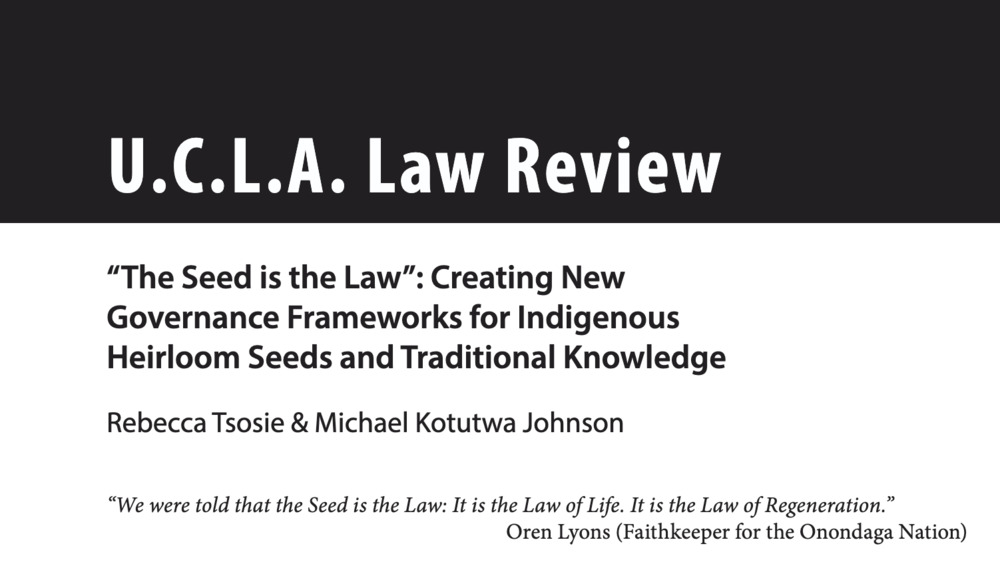
"The Seed is the Law": Creating New Governance Frameworks for Indigenous Heirloom Seeds and Traditional Knowledge
The United Nations World Intellectual Property Organization (WIPO) held a diplomatic conference in May 2024 where participants adopted a historic new treaty on Intellectual Property, Genetic Resources and Associated Traditional Knowledge. The treaty is intended to improve the patent system by…
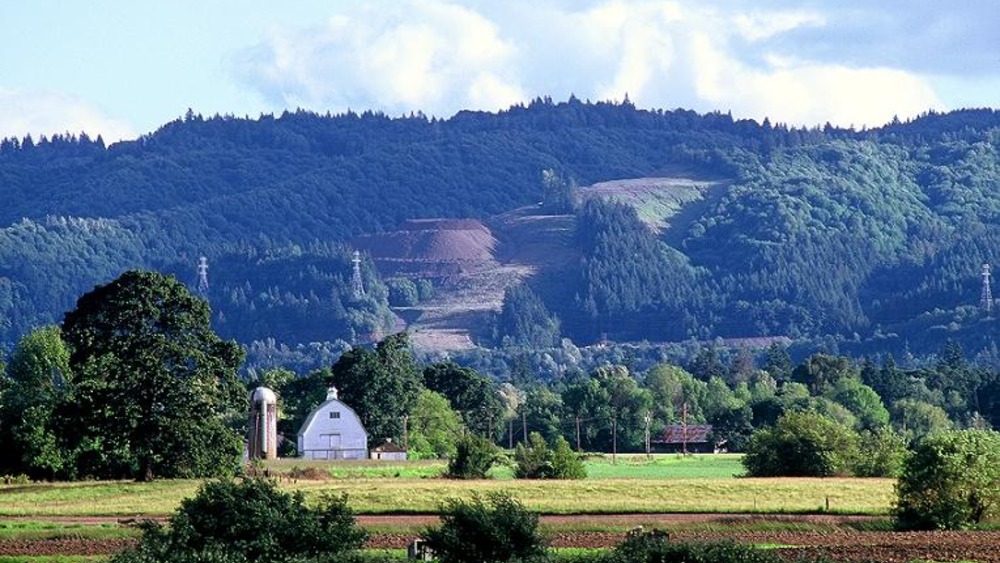
New reporting project focuses on Indigenous food sovereignty in the Columbia River Basin
There’s no official definition for the term “food sovereignty,” but the Indian Affairs Bureau describes it as “the ability of communities to determine the quantity and quality of the food that they consume by controlling how their food is produced and distributed.” Portland-based news outlet…
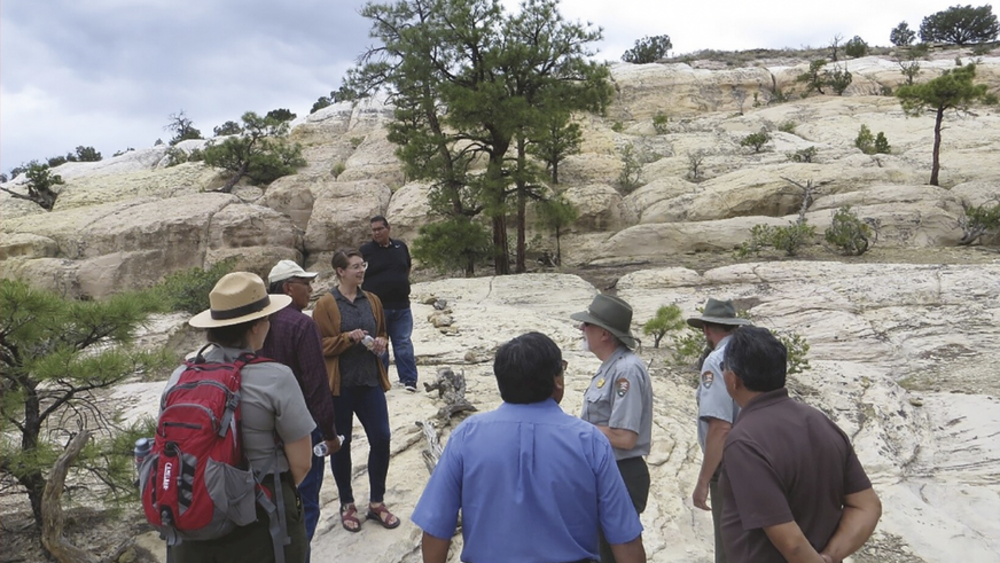
Archaeology and Social Justice in Native America
Over the past 20 years, collaboration has become an essential aspect of archaeological practice in North America. In paying increased attention to the voices of descendant and local communities, archaeologists have become aware of the persistent injustices these often marginalized groups face.…
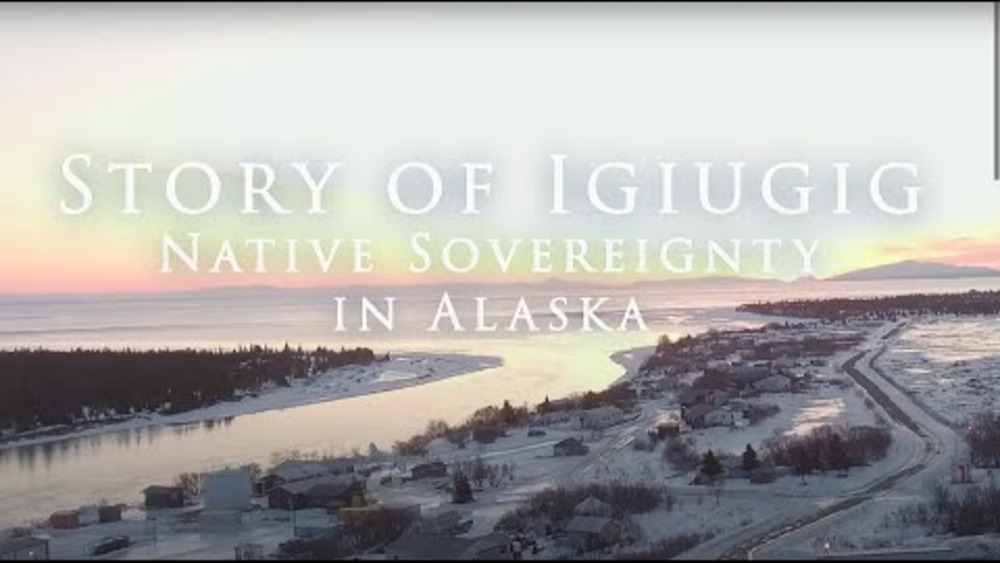
Story of Igiugig: Native Sovereignty in Alaska
This short film looks at how a sovereign Native people are planning for the future, as told through three short chapters: Chapter 1: Nunaput (Our Homelands) Chapter 2: Capricaraq (Persistence) Chapter 3: Pinarqut (Possibility)

Jim Gray: Making Change Happen
Former Principal Chief James Gray of the Osage Nation makes a guest speaker appearance to the January In Tucson class “Making Change Happen”. In Chief Gray’s own words, he shares his direct experiences with indigenous governance for the Osage people and gives a larger context to the historic…
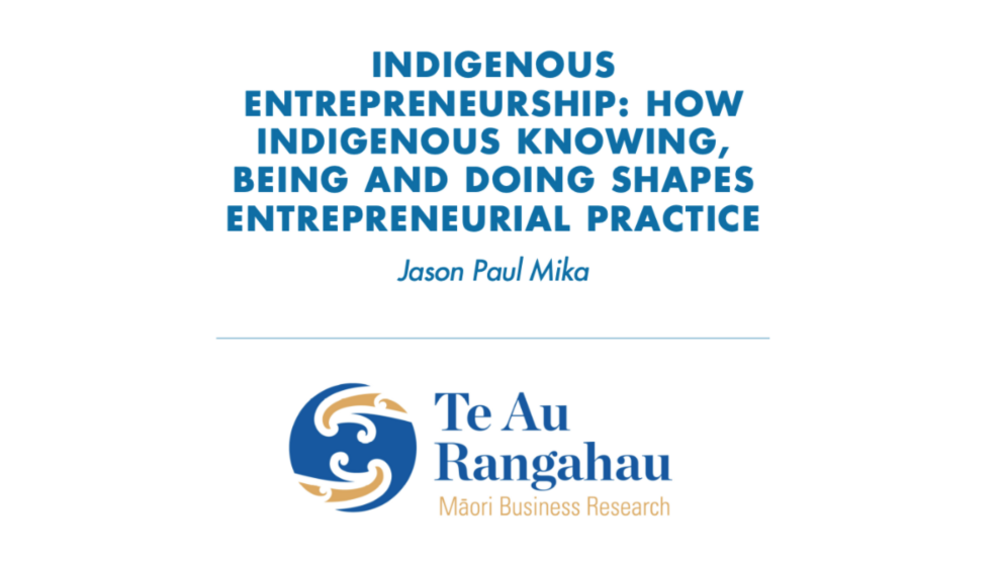
Indigenous entrepreneurship: How Indigenous knowing, being and doing shapes entrepreneurial practice
This chapter introduces the concept and practice of entrepreneurship from an Indigenous perspective. The focus is on understanding what Indigenous entrepreneurship is, where it comes from and how it is understood and practiced in different contexts by people of diverse cultures, languages,…
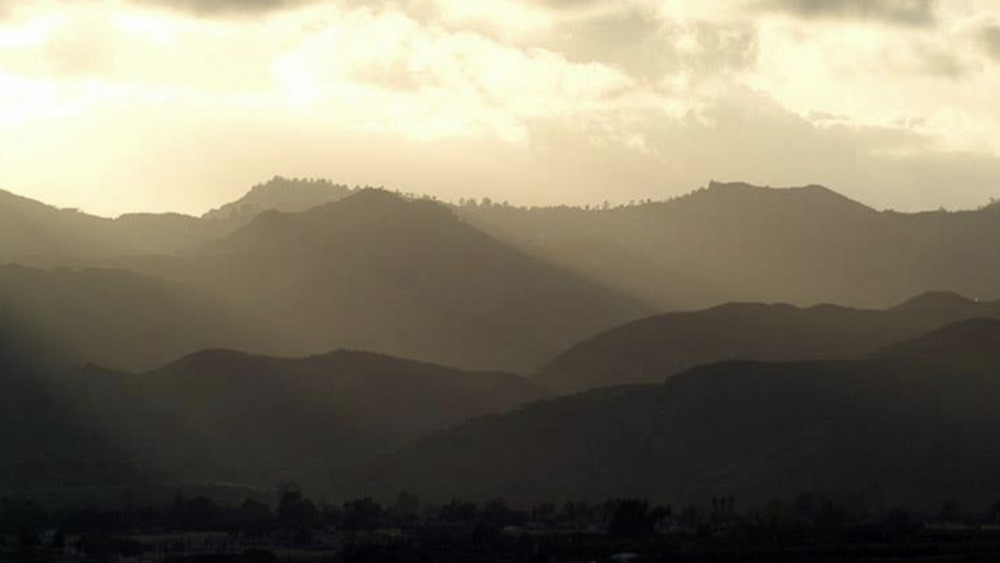
Chemşhúun Pe'ícháachuqeli (When our Hearts are Happy): A Tribal Psychosocial Climate Resilience Framework
Tribes are keenly aware of the interconnection between health, nature, and personal wellbeing. Leading experts in climate change and wellbeing are increasingly encouraging communities to be proactive about protecting and building psychological, social, cultural, and spiritual wellbeing. Often…
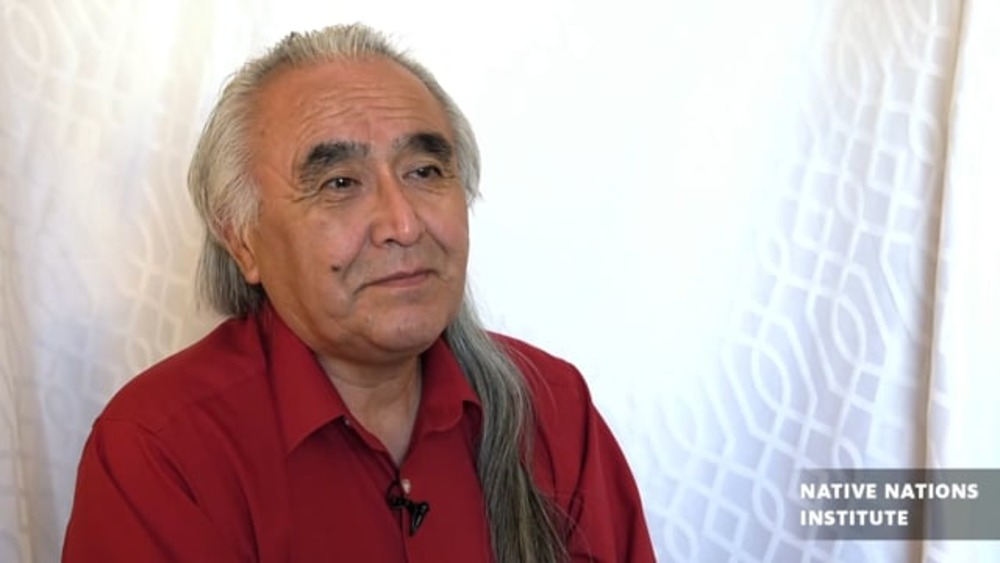
Jerry Isaac: Native Leader Experiences in Alaska
Jerry Isaac has been on the forefront of shaping indigenous governance in Alaska as former President of Tanana Chiefs Conference, former Chief for the Native Village of Tanacross, and a Board Member of Doyon Limited. He offers his perspectives about being a good leader and the…
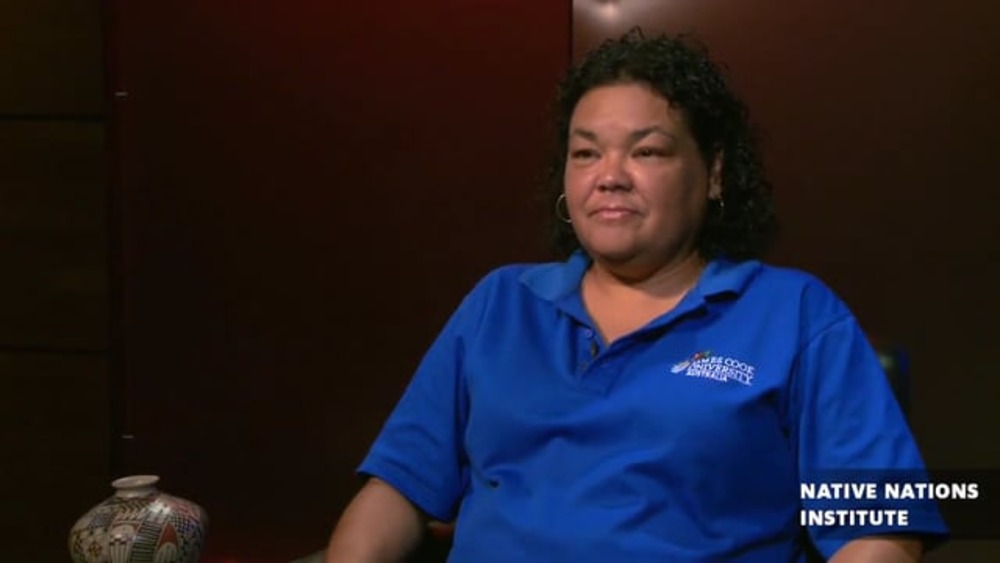
Michelle Deshong: Australian Aboriginal Methods of Self-Governance
Michelle Deshong draws her connections to Kuku Yalanji and Butchulla nations. She is a 2015 recipient of the Australian-American Fulbright Indigenous Professional Scholarship that funded her residency at the Native Nations Institute housed within the Udall Center for Studies and Public…
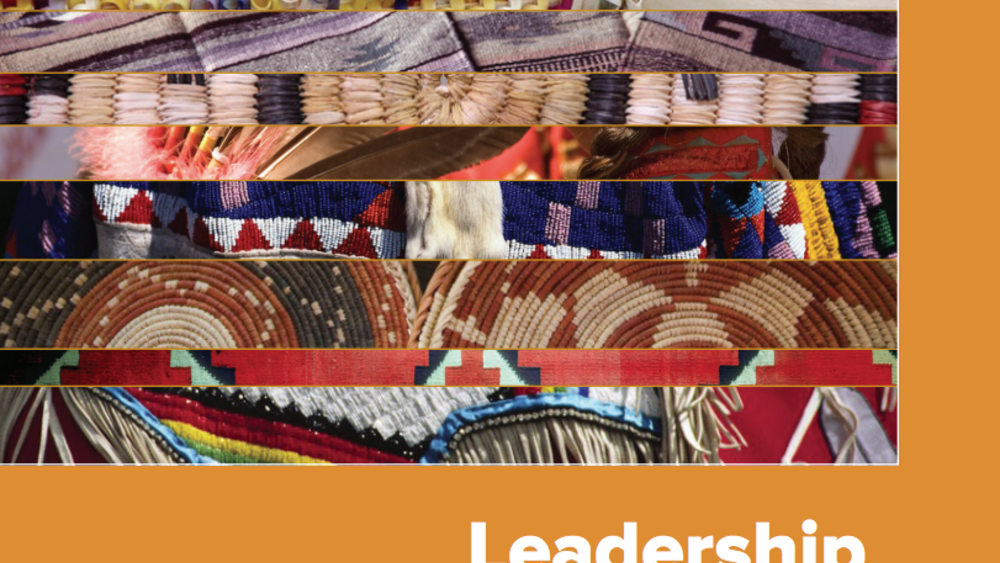
Leadership Development in the Native Arts and Culture Sector
Burgeoning cultural renewal in Native America and growing mainstream recognition of Native artists and their ideas have resulted in substantial growth in the Native arts and culture sector. The leaders of Native arts and cultural organizations have been a significant force behind this change. They…
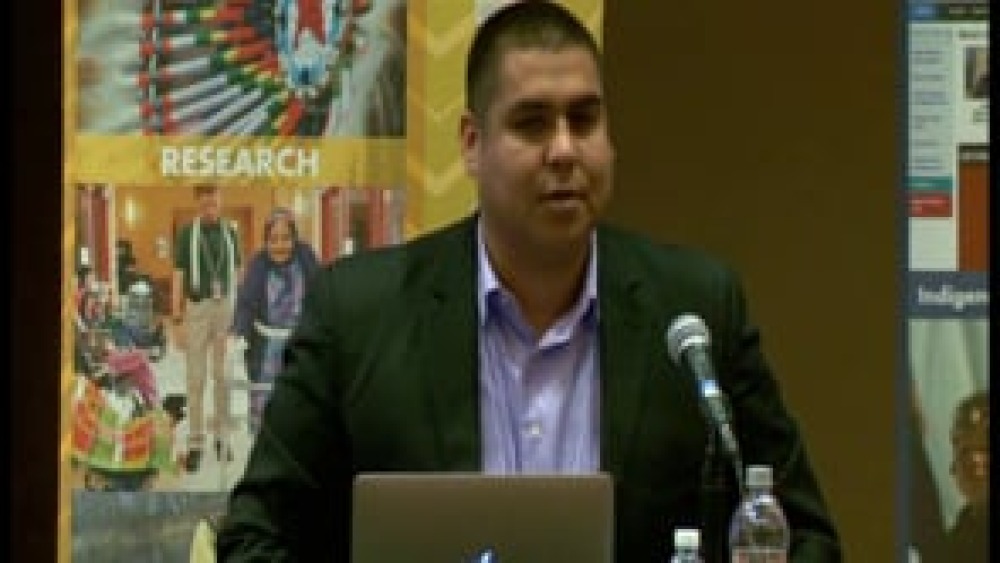
LeRoy Staples Fairbanks III: What I Wish I Knew Before I Took Office
Leroy Staples Fairbanks III, who serves on the Leech Lake Band of Ojibwe Council, discusses some of the hard stances he had to take in order to do his job well and also shares an overview of some of the major steps thatthe leech Lake Band has taken in order to govern more effectively and use its…
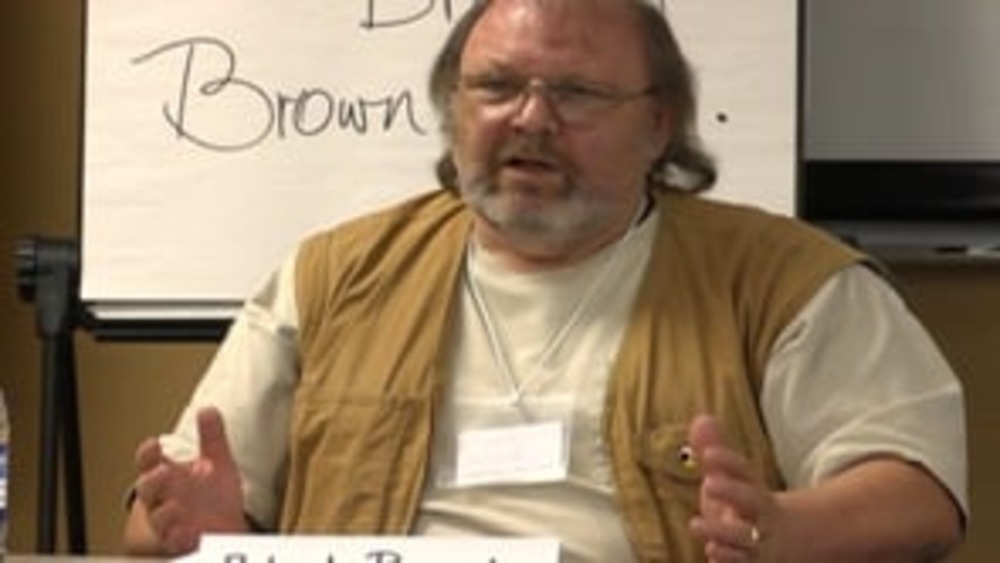
From the Rebuilding Native Nations Course Series: "Learning to Make Informed Decisions"
Native leaders share what the role of a leader entails from studying the history of the tribe to listening to and learning from elders of the community; all the tools necessary to making informed decisions.
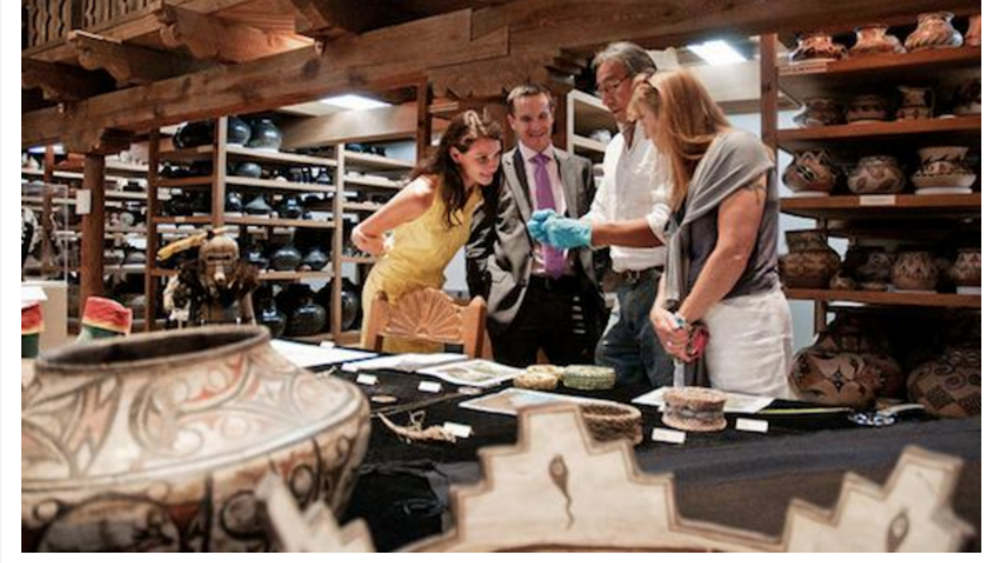
Radical New Way to 'Museum': A:shiwi A:wan Museum and Heritage Center
Many people think of museums as dusty, static, boring places. They’re where you go if you want to see old bones, old artifacts, and the odd diorama. They’re not living, breathing spaces where cultures come alive. Enter the A:shiwi A:wan Museum and Heritage Center in Zuni, New Mexico, which has…
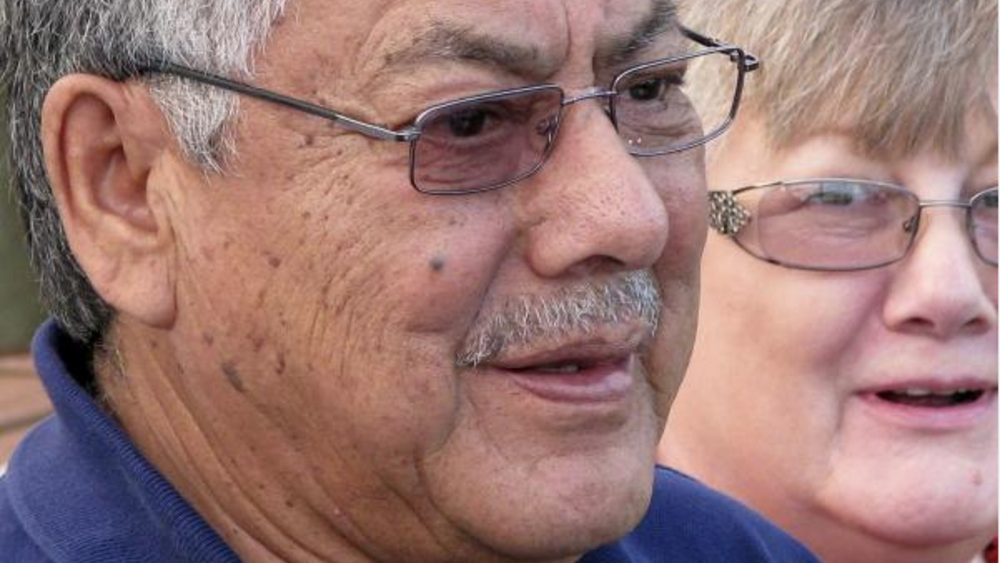
Ancient Wisdom for Modern Times: The Seven Teachings
"We are invited once again to revisit the time-honored teachings, and to embrace the old ways in order to renew our connection to the Sacred Teachings. We need this old knowledge in our lives to live in these modern times of technology." So began a PowerPoint presentation by Chi-Ma'iingan/Great…
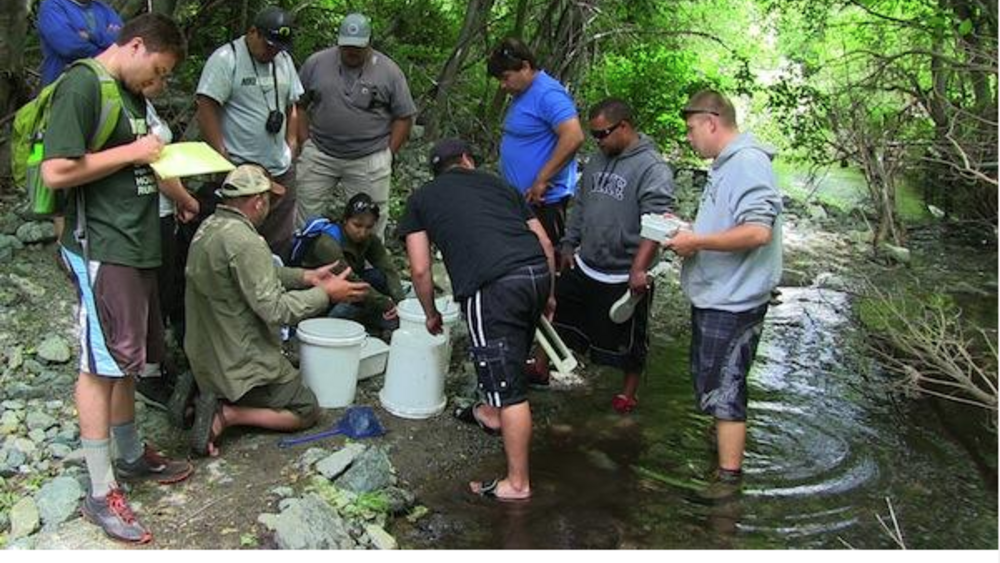
Klamath Youth Program Melding Science and Traditional Knowledge Wins National Award
A unique collaboration between a Klamath youth leadership development program and U.S. government researchers has won the U.S. Department of the Interior’s Partners in Conservation award for its use of traditional knowledge in conjunction with modern science. The Klamath Tribal Leadership…
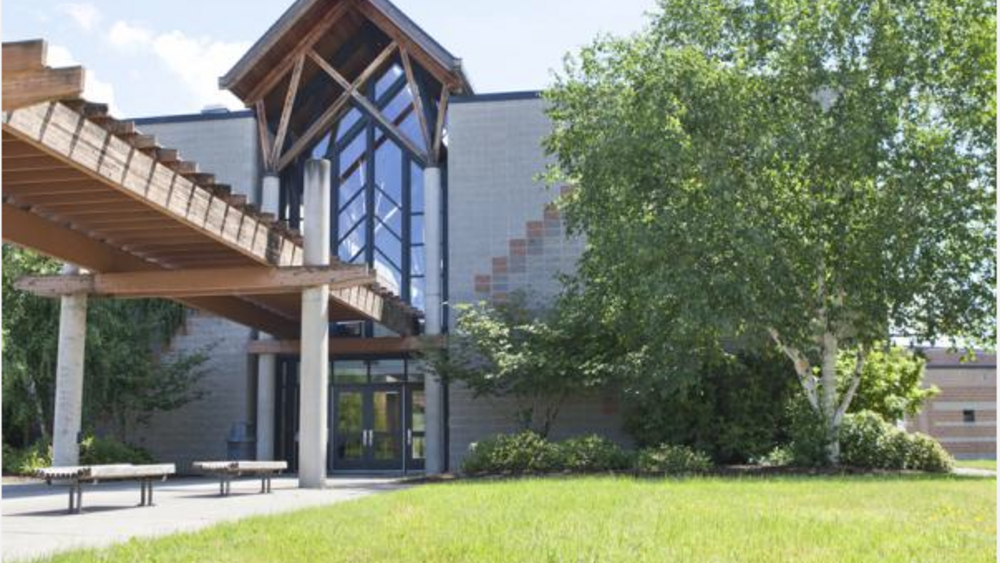
Indian Education Must Support Dual Citizenship, Nation-building
In contemporary nation states education is a key institution for the socialization and creation of citizens. Schools are designed to provide common rules of civic understanding and responsibilities. Students are taught to understand the history, goals, and functioning of government. In many ways,…
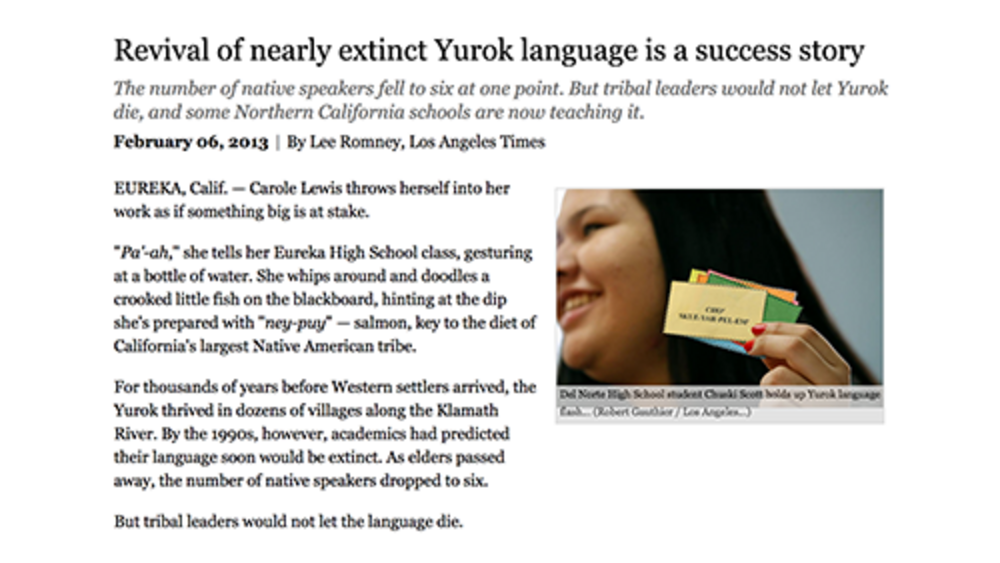
Revival of nearly extinct Yurok language is a success story
Carole Lewis throws herself into her work as if something big is at stake. "Pa'-ah," she tells her Eureka High School class, gesturing at a bottle of water. She whips around and doodles a crooked little fish on the blackboard, hinting at the dip she's prepared with "ney-puy" – salmon, key to the…
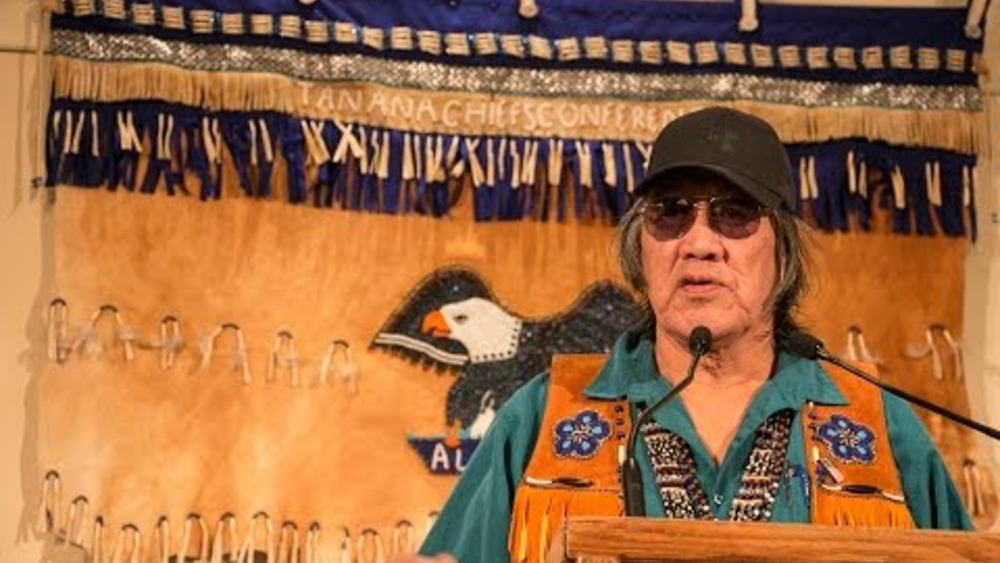
Trimble Gilbert - Tanana Chiefs Conference's 2015 Keynote Speaker
On March 17th, 2015, Second Traditional Chief Trimble Gilbert of Arctic Village spoke as the keynote at Tanana Chiefs Conference's Annual Convention. The theme for this convention was 'Stronger Together for the Next 100 Years'. Trimble Gilbert is a Gwich’in Athabascan Elder and speaker of Dinjii…
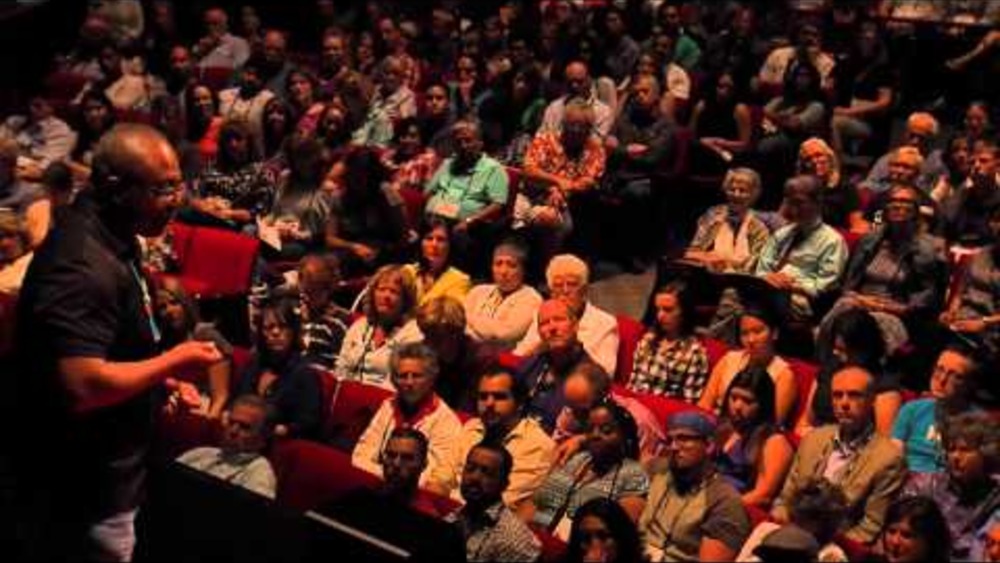
Richard Luarkie: Choosing to be Bitter or Better: A Perspective from a Pueblo Upbringing
Pueblo of Laguna Governor Richard Luarkie shares his rich Pueblo upbringing, a deep tradition of contribution to community, and inspiration to live a great life. Richard has a passion to contribute to global economic and community advancement using his Pueblo cultural values and teachings.
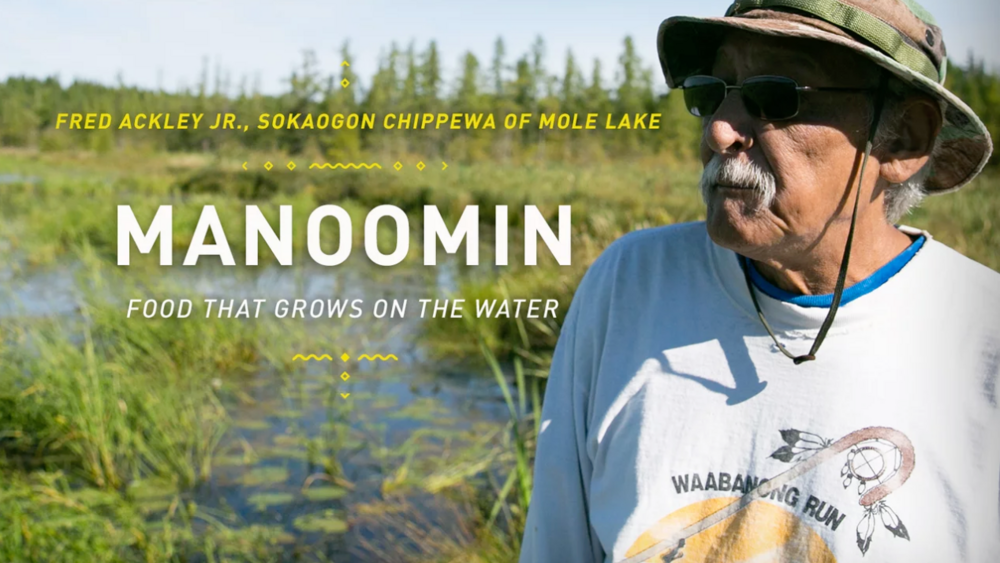
Manoomin: Food That Grows on the Water
This story follows Fred Ackley Jr. from the Sokaogon Chippewa Community of Mole Lake as he harvests and processes manoomin, or wild rice. The ancestors of his community migrated to Madeleine Island from eastern Canada long ago, then more recently to the Rice Lake area. Their 12 square mile…
